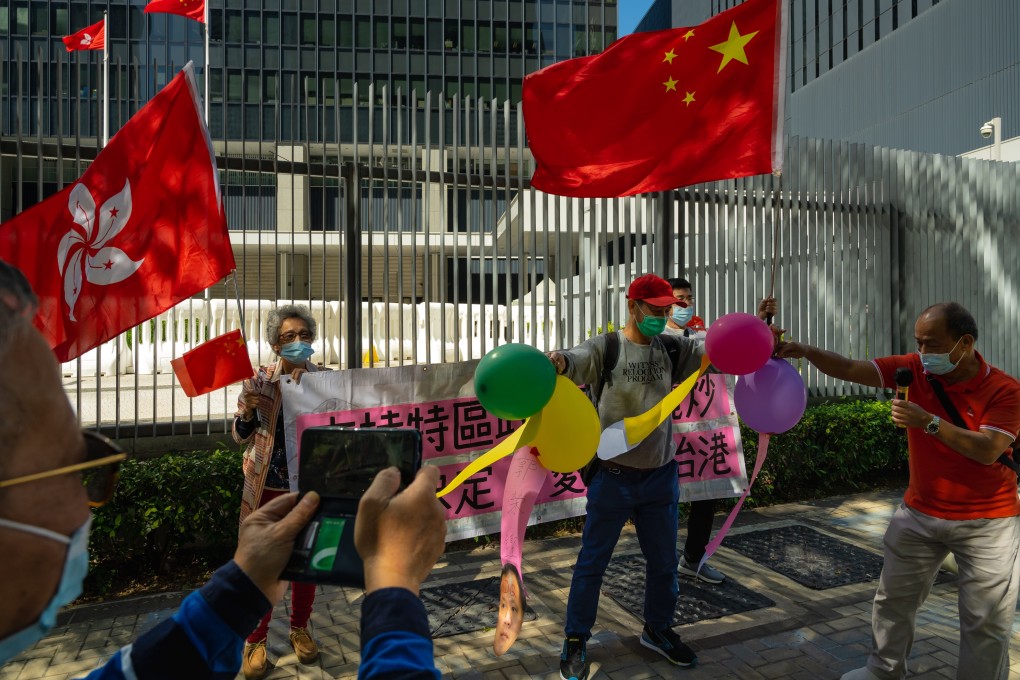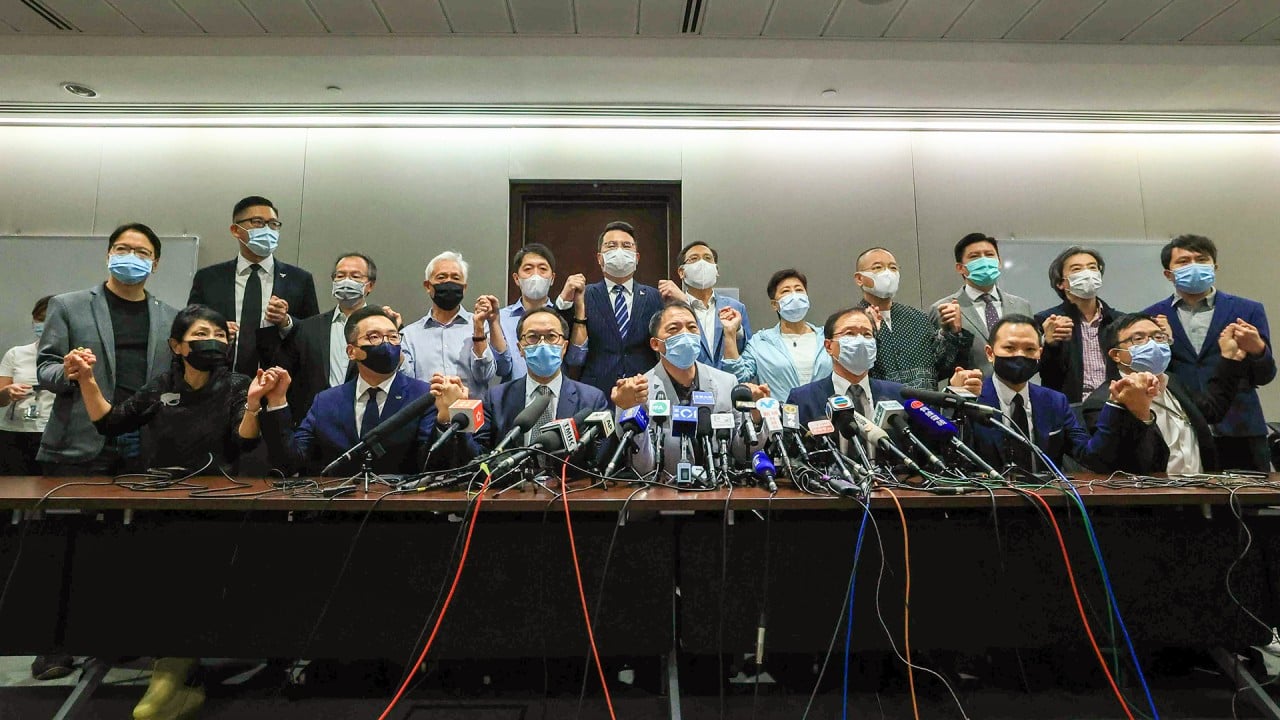Advertisement
Letters | Hong Kong has entered ‘one country, one system’
Reading Time:3 minutes
Why you can trust SCMP
0

The National People’s Congress Standing Committee’s unexpected move to disqualify four pan-democrat lawmakers in Hong Kong has shocked many people. This act draws a new red line on the opposition’s participation in the city’s political system. However, I am afraid its effect extends not just to the city’s politicians but also to the general public of Hong Kong (“Who are Hong Kong’s ousted Legco members, and what exactly did they do?”, November 11).
One detail may have been overlooked by commentators. The NPCSC cited three provisions in the Constitution of the People’s Republic of China in support of its decision: Articles 52, 54, and 67(1). The first two articles provide that it is the duty of Chinese citizens to defend national interests, while the last one specifies the power of the NPCSC to interpret and supervise the implementation of the Constitution.
In other words, the Constitution of the People’s Republic of China now directly applies to Hong Kong. Beijing is binding Hong Kong people to national duties that are not written in the Basic Law. The central authorities not only interpret the Basic Law at their pleasure but also decide whether Hong Kong has fulfilled its duties under the national constitution. This is exactly a reflection of the “overall jurisdiction” mentioned in the 2014 white paper.
It was promised that the mainland socialist system would not apply in Hong Kong. It was promised that what was written in the Basic Law would be our system. That was “one country, two systems”. Now, that is changing. It will keep changing.
Oscar Leong, Tin Shui Wai

04:08
Hong Kong opposition lawmakers to resign en masse over Legislative Council disqualifications
Hong Kong opposition lawmakers to resign en masse over Legislative Council disqualifications
Why can’t Hong Kong be a democratic part of China?
Advertisement